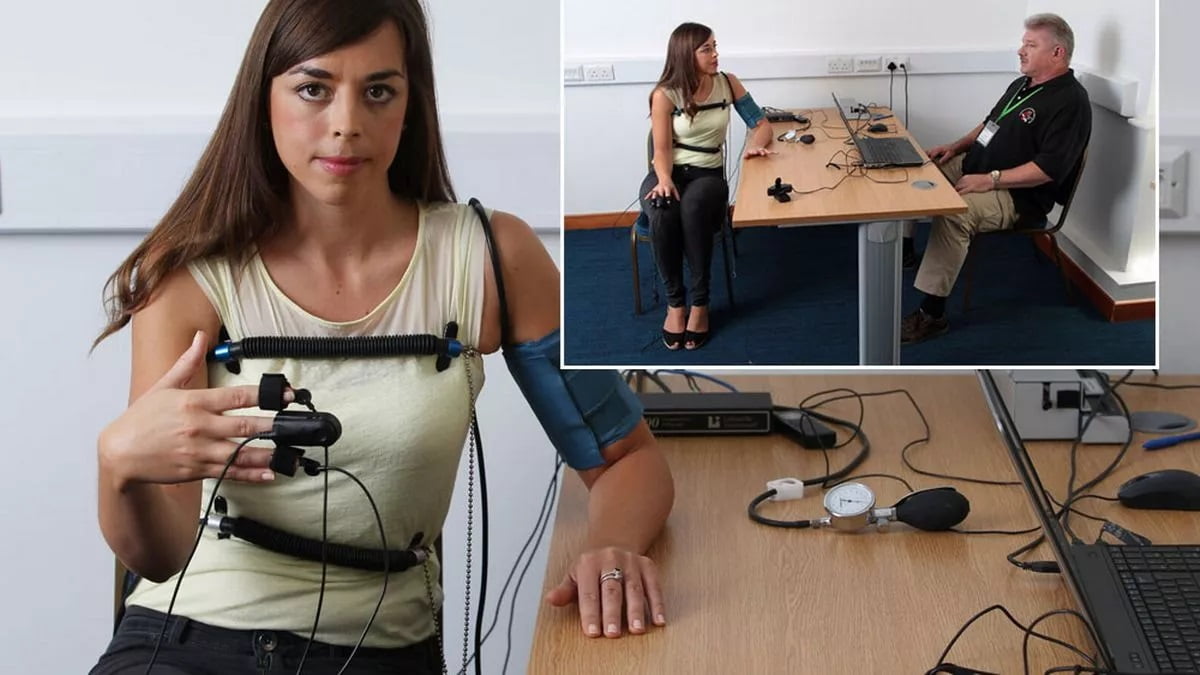Aging presents both unique challenges and opportunities, particularly when it comes to maintaining mental health. As individuals grow older, it’s essential to prioritize emotional and psychological well-being to ensure a fulfilling quality of life. Dr. Fazal Panezai, a leading expert in geriatric mental health, shares insights on how older adults can nurture their mental health as they age. His recommendations combine practical strategies with a deep understanding of the aging process, focusing on ways to stay mentally engaged, active, and resilient.
- Stay Socially Connected
One of the key strategies for maintaining mental health as we age is social engagement. Dr. Fazal Panezai emphasizes the significant role that social connections play in preventing feelings of loneliness and isolation. Social isolation has been strongly linked to depression and anxiety among elderly individuals. Regular interaction with family, friends, and the community can provide emotional support and a sense of belonging. Joining clubs, attending community events, or even participating in online social networks can help reduce isolation and foster a supportive environment. In addition, simply having regular phone calls with loved ones can keep seniors connected, engaged, and mentally healthy.
- Engage in Lifelong Learning
Mental stimulation is crucial to maintaining cognitive function as we age. Dr. Fazal Panezai encourages older adults to remain intellectually curious by embracing lifelong learning. Whether through picking up a new hobby, learning a new language, reading, or solving puzzles, engaging the brain in continuous learning can help preserve mental sharpness. Learning new skills or acquiring knowledge not only provides a sense of accomplishment but also combats cognitive decline. Activities such as attending lectures, taking online courses, or even engaging in creative outlets like painting or writing can promote emotional well-being and mental clarity.
- Adopt a Healthy Lifestyle
Maintaining a balanced lifestyle is key to mental and physical health. Dr. Fazal Panezai advocates for the importance of nutrition, physical activity, and proper sleep in promoting well-being. A well-rounded diet, rich in antioxidants, omega-3 fatty acids, and essential vitamins, plays a crucial role in brain health. Regular physical activity—whether it’s a brisk walk, yoga, or light stretching—has been shown to reduce symptoms of anxiety and depression while improving mood and energy levels. Moreover, quality sleep is vital for mental restoration, as sleep deprivation can exacerbate feelings of irritability, stress, and cognitive issues.
- Practice Mindfulness and Stress-Reduction Techniques
Incorporating mindfulness practices into daily life can significantly reduce stress and enhance emotional resilience. Dr. Fazal Panezai suggests methods such as meditation, deep breathing exercises, or yoga. These techniques help calm the mind and body, fostering a sense of peace and mental clarity. Mindfulness also encourages individuals to focus on the present moment, which can alleviate worries about the past or future, two common stressors that can affect elderly mental health. Regular mindfulness practices can improve mood, reduce anxiety, and help individuals feel more grounded in their day-to-day lives.
- Seek Professional Help When Necessary
It’s important to recognize that professional support can be a key element in maintaining mental health. Dr. Fazal Panezai stresses the importance of seeking help from therapists, counselors, or mental health professionals when needed. Depression, anxiety, grief, and other mental health challenges are common in older adults, but they are treatable. Therapy can offer coping strategies and tools for managing these emotional difficulties, and seeking help should be viewed as a proactive measure toward maintaining overall well-being.
- Create a Positive Environment
The environment in which one lives plays a significant role in mental health. Dr. Fazal Panezai encourages caregivers, family members, and friends to foster a positive atmosphere that promotes self-esteem and emotional well-being. A supportive environment filled with empathy, encouragement, and understanding can help boost mental resilience in elderly individuals. Small gestures such as offering compliments, showing appreciation, and spending quality time together can have a profound impact on self-worth and emotional health.
Conclusion
Enhancing elderly mental health requires a holistic approach, and Dr. Fazal Panezai provides a comprehensive guide for achieving this goal. By staying socially engaged, continuing to learn, adopting a healthy lifestyle, practicing mindfulness, seeking professional support, and fostering a positive environment, older adults can enjoy their golden years with improved mental and emotional well-being. Through these strategies, aging can become not just a time of reflection, but one of growth, vitality, and fulfillment.




